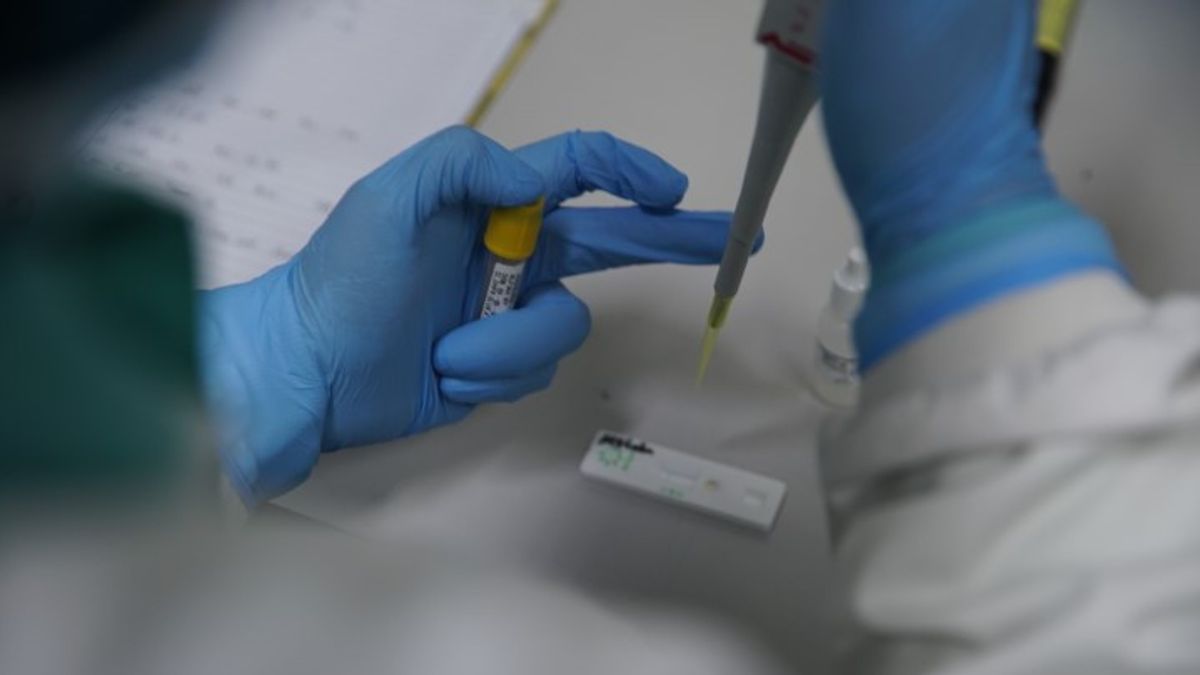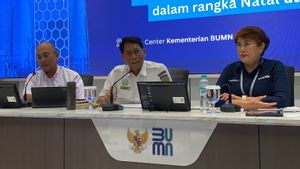JAKARTA - An epidemiologist from Andalas University Defriman Djafri said the Mu variant of the SARS-CoV-2 virus that causes COVID-19 has the potential to evade immunity. contacted by Antara, in Jakarta, Friday, September 17. Defriman, who is also the Chairperson of the Association of Indonesian Epidemiologists, West Sumatra Province, said that the World Health Organization (WHO) was monitoring the Mu variant. He said that the Mu variant was first identified in Colombia and is now detected in at least 39 According to Defriman, the results of a study in Japan said that there was an ineffective neutralization of the Mu variant against convalescent plasma and vaccines. He said that the Mu variant was still classified as a variant of interest (VoI), and there was a possibility to enter Indonesia. running during a pandemic, it is very possible that this variant can appear if Public health authorities and surveillance systems are not observant in detecting this," he said. Defriman said that the government must increase vigilance so that these variants do not enter Indonesia. In addition, the implementation of health protocols in the community must also be improved and monitored.
Strengthening the surveillance system must be carried out, and the current sample must also be periodically analyzed through whole genome sequencing, in order to quickly detect and take comprehensive control measures. Until now, the variant that entered the VoI list is the Eta variant. , Iota, Kappa, Lambda and Mu.WHO classifies a SARS-CoV-2 virus variant as VoI with the criteria that the variant has genetic changes that are thought to or are known to affect viral characteristics such as transmission, disease severity, immune shedding, diagnostic or therapeutic release. VoI has also been identified as a cause of significant community transmission or multiple clusters of COVID-19, in many countries with increasing relative prevalence as the number of cases increases over time, or other significant epidemiological impact indicating an emerging risk to global public health.
The English, Chinese, Japanese, Arabic, and French versions are automatically generated by the AI. So there may still be inaccuracies in translating, please always see Indonesian as our main language. (system supported by DigitalSiber.id)













